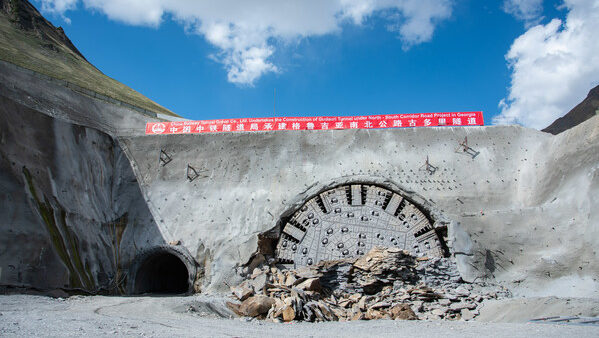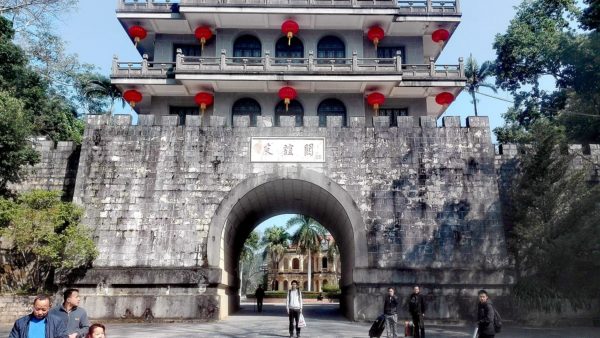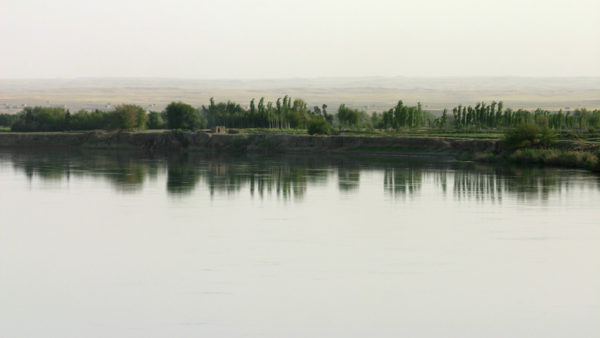By Metehan Sonbahar in Istanbul

Turkey was one of the first countries in the world to develop its own PPP (public-private partnering) legislation.
In 1984, Law Number 3096 enabled private sector involvement, specifically in power plant projects.
That led to the strong development of Turkey’s construction sector, which has grown steadily over the past 30 years – bursting even beyond its own borders, so that last year Turkey came second only to China in the number of its firms operating internationally.
The first PPP projects were for power generation and drinking water facilities, carried out as BOT (build-operate-transfer) and later as BO (build-operate) projects. Much valuable capacity has been added this way. According to the Turkish Privatization Authority, in the six years between 1995 and 2001, 30 power plants with a total capacity of 8,500MW – nearly one fourth of Turkey’s power production capacity – were completed under BOT and BO models.
Turkey is still in a big-spending phase of development. As of the end of third quarter of 2012, over 55% of the services procured by the public sector in that year was from the construction sector, amounting to over US$19bn.
Now it is focusing its PPP power on an historic transportation programme.
Last year saw the tendering of the Northern Marmara Motorway Project. Consisting of 299km of Motorway and 115km of connection roads, plus a third bridge over the Bosporus, it’s among the top 25 global road infrastructure projects.
Part of it was awarded to a consortium of Turkey’s İçtaÅŸ Ä°nÅŸaat Sanayi Ticaret and Italy’s Astaldi under a BOT contract. Ictas-Astaldi won the bid based on its promise to complete the project in 10 years, two months, beating its nearest rival’s time frame of 14 years, nine months. The project will cost around 4.5bn Turkish liras, around US$2.5bn.
Biggest ever project
Then there is the largest project in the history of Turkish Republic: the Gebze-Orhangazi-Ä°zmir Motorway Project, a BOT awarded in April 2009 to Nurol-Özaltın-Makyol-Astaldi-Yüksel-Göçay group, who will operate the system for 22 years.
Included in this project is the Izmit Bay Crossing Suspension Bridge, to be built by the Japanese consortium IHI-ITOCHU.
Another example is the new Ankara metro lines. In 2012, Spanish giant Comsa Emte was awarded a contract to complete the construction of two new underground lines in Ankara, with a total budget of €100m.
Comsa Emte will build two lines totalling around 32km, and 22 stations. This is the company’s first project in the country.
There is more to come. In January Binali Yildirim, Minister of Transportation, Maritime Affairs and Communications, announced that a third airport will be built for Istanbul. It’s planned to be the world’s largest, with an estimated annual passenger capacity of 150 million. It will have three runways suitable for big planes such as the Airbus A380 and Boeing 787. Bids are due in May.
And it looks like we’ll be getting high-speed rail, as well. In January, ErdoÄŸan Bayraktar, Minister of Environment and Urban Development, announced Turkey’s plans to build a high-speed rail link from the Black Sea coast in the north to Turkey’s southeast region, bordering Syria and Iraq.
Why does the PPP model flourish here? For a mix of reasons, I believe: the fierce competition among well-established contractors, who are also getting better at offering a diversity of services, including operations and maintenance; a growing sophistication in the use of PPP models among public organisations and investors; and, of course, the sheer size and complexity of the projects.
What’s exciting about this – apart from the obvious improvement in Turkey’s infrastructure – is that Turkey is becoming a kind of international construction melting pot. Already we see large European, Asian and American firms competing or joining forces with big Turkish names to offer a full spectrum of services: contracting, project management, contract and claims consultancy, engineering and design.
This can’t help but bring into the market better standards, skills and expertise, plus competition which means, hopefully, better value for Turkish people.
Metehan Sonbahar is senior construction consultant at Akinci Law Office in Istanbul










